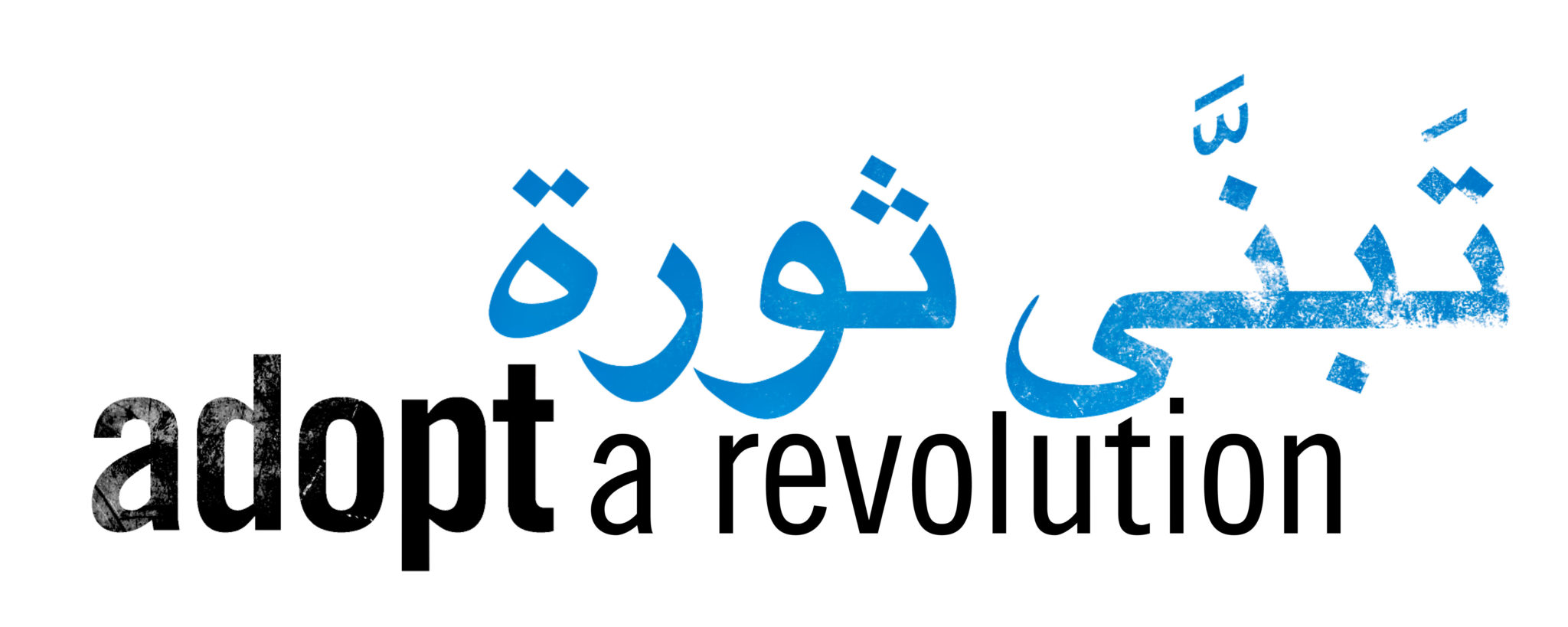It is an “intervention, not its absence, that fuels the blood-letting in Syria.” This argument is put forward by Asli Ü.Bâli and Aziz Rana who argue on Jaddaliya that only meaningful diplomatic efforts are a viable solution to stop the bloodshed in Syria and secure the lives of ordinary Syrians. While the regime of Bashar Al-Assad is without doubt responsible for most of the current situation, it needs to be considered that since the arming of the opposition, the number in deaths skyrocketed. Also the current stalemate is a result of international powers which arm their proxies rather than negotiate, they write.
Arming opposition forces misses to see the complexity in Syria, Bali and Rana argue. The fear of different minority groups of reprisals has been only fueled by the ongoing violence rather than deconstructed through political negotiations. In their opinion, using the chemical weapons argument to intervene will only lead to further damage as destroying chemical weapons will do little to safe the lives of civilians.
The only option which could possibly end the civil war would be an effort of the international community to actually engage in negotiations including all communities as well as regime backers so that existential fears could be decreased. Thus, a weapons embargo might be a useful first step where the United Nations could play a mediating role. The initial plans by Lakhdar Brahimi were undermined as different actors spoke of their interest in a solution of the conflict while further providing their allies with weapons. For example US opposition is the reason why there has been no true diplomatic engagement with Iran and Russia. Once their interests in Syria are secured, Iran and Russia could contribute more constructively in the removal of Assad.
Meanwhile Roger Owen, professor of Middle East History explains in an interview on openDemocracy that it is too late to intervene now as the US is waiting for Syrians to become exhausted. Talking about the make-up of the Syrian opposition, Owen suggests that women’s associations in the north should be supported as “they are the only ones who know what the people need”. Asked about the Syrian economy, Owen asserts that “the economy never collapses” as people find their ways in revolutionary moments.
Commenting on the massacres in Bayda and Banias, Joshua Landis attempts to answer in how far the ethnic cleansing creates an Alawite State. On the one hand, it can be argued that the “sectarian cleansing” is carried out to deepen the sectarian tensions and to “ensure a popular base of support”. On the other hand, “ethnic cleansing” might not have been an intended goal of the violence.
The danger of any ethnic cleansing is quite high on the coastal regions. Sunnis must fear reprisals if the regime should lose ground in Damascus. This might be also true if Sunni militias approach the city being a possible target by Alawis. However, should Sunnis win in their fight against the regime and start moving into the area of the Alawite mountains, most Allawis, which means mostly 3 Millions, will be fleeing to Lebanon, thus destabilizing Lebanon. Landis believes that people from all communities have good reason to fear an ethnic cleansing today. The possibility of ethnic cleansings also means that external powers have to operate with caution. Hence, the outcome of the situation depends on the unity of the opposition and the willingness of external powers to support their allies
As the Guardian reports, Turkey is accusing the Syrian regime of the car bombings in Reyhanli in which 46 people were killed. Reyhanli is a gathering point for rebels who then enter into Syria. While 9 Turkish citizens were arrested, Turkey’s foreign minister declared that the massacre has nothing to do with the refugees. In fact, he assumed the responsible perpetrators to be behind the massacre in the town of Banyias.
Following this event, Amberin Zaman is asking on AlMonitor whether Turkey will respond in any way following this attack. Thereby, it seems that Turkey is not willing to take any steps on its own without US backing. In fact, Turkey represents the act as a provocation but asserts that “it will not fall into this trap”. Yet, Davutoglu spoke of Turkey’s right to take “every kind of measure”. In previous incidents, Turkey has tried to convince the international community to take actions. As these demands have not been met, Erdogan might use this attack to excert further pressure on the international community to establish a no-fly zone. At the same time, there are speculations that Obama and the Russian administration might engage in negotiations and ask Turkey to support these steps.

